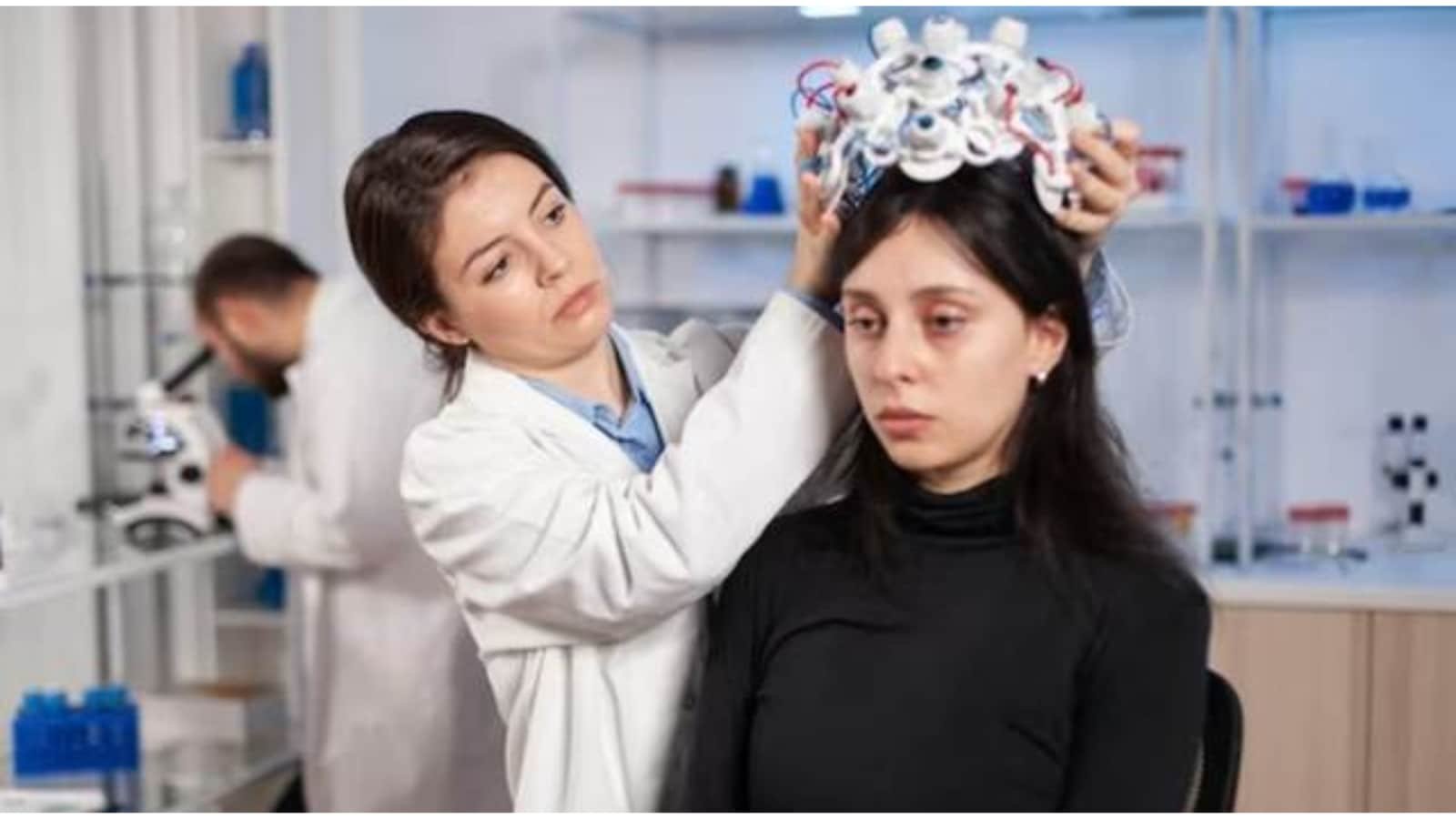Last Updated:June 11, 2025, 09:34 IST
A holistic treatment plan including medication, therapy, and lifestyle modifications—can help manage Alzheimer’s symptoms in younger adults
If you are experiencing memory loss that interferes with your daily life, it’s important to watch for other symptoms of Alzheimer’s
Alzheimer’s disease is commonly associated with the elderly, but it can also affect younger individuals. In recent years, symptoms have increasingly been observed in people in their 30s and 40s. According to the Alzheimer’s Association of India, up to 5 percent of people with Alzheimer’s have younger-onset disease. Recognizing the early signs can prevent misdiagnosis and ensure patients receive the appropriate care and treatment to live better lives.
Dr. Aparna Gupta, Consultant Neurologist, Indian Spinal Injuries Centre shares all you need to know:
What is Early-Onset Dementia?
Dementia is an umbrella term referring to a decline in cognitive function, where a person becomes unable to perform daily tasks involving thinking, reasoning, or memory. Although it is often associated with old age, it is becoming more prevalent among younger adults as well. More than 4 million people in India live with some form of dementia. Globally, that number rises to 44 million, making this a growing concern that requires immediate attention.
Alzheimer’s disease is the most common type of dementia and occurs when the brain no longer functions properly. Symptoms are subtle in the early stages but typically worsen over time. The progression of the disease can vary—advancing either gradually or rapidly, depending on the individual.
How to Know if You Have Dementia
If you are experiencing memory loss that interferes with your daily life, it’s important to watch for other symptoms of Alzheimer’s. Early red flags include:
● Difficulty following plans or organizing tasks: Concentration levels decline. You may find it hard to follow a recipe or solve problems that once came easily. Routine chores may take longer to complete.
● Disorientation in time and space: People may struggle to understand events unless they’re happening immediately or may forget how they got to a certain location.
● Visual and spatial processing issues: Alzheimer’s can affect how the brain interprets visual information, leading to problems with depth perception, object recognition, and distinguishing contrasts.
● Language difficulties: People may forget common words or struggle to participate in conversations due to memory lapses or losing track of their thoughts.
● Poor judgment: Decision-making skills decline. Individuals may show poor judgment, especially when handling money or tasks that require memory retention.
While the exact cause of early-onset dementia remains unclear, several risk factors can increase susceptibility. These include brain damage from a stroke, head injury, or chronic alcohol use. Genetics also plays a significant role.
A holistic treatment plan—including medication, therapy, and lifestyle modifications—can help manage Alzheimer’s symptoms in younger adults. The earlier the diagnosis, the better the chances of maintaining quality of life with proper medical support.

Swati Chaturvedi, a seasoned media and journalism aficionado with over 10 years of expertise, is not just a storyteller; she’s a weaver of wit and wisdom in the digital landscape. As a key figure in News18 Engl…Read More
Swati Chaturvedi, a seasoned media and journalism aficionado with over 10 years of expertise, is not just a storyteller; she’s a weaver of wit and wisdom in the digital landscape. As a key figure in News18 Engl… Read More
- First Published:
#Alzheimers #Young #Adults #Rising #Cases #EarlyOnset #Dementia



